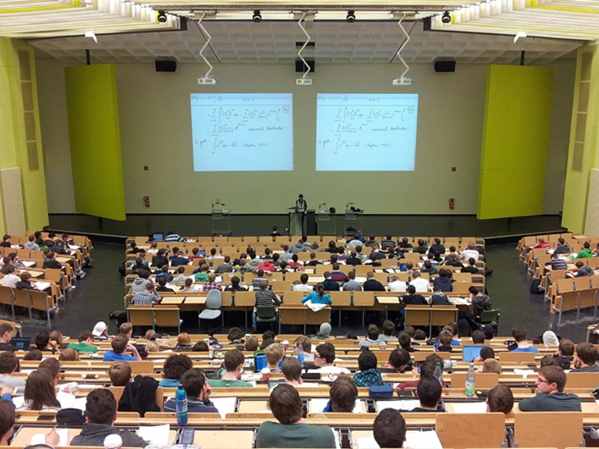
Some countries refer to tertiary education as higher education. Higher or tertiary education is any course offered in post-secondary institutions of learning. After finishing your chosen field, the student will acquire a named degree, diploma, or certificate in higher studies. Teacher-training schools, Institute of Technology, Junior colleges, and professional schools that offer education in Theology, Business, Law, Medicine, Music, and Arts are considered as a higher educational institution.
In order to acquire this type of education, one must pass and complete their secondary education. Attending a college or university can be overwhelming and exciting for all the youngsters out there. So we have taken the liberty of sharing everything that you need to know about higher education.
Choose a Degree
In tertiary education, students have the freedom to choose the course that they want to major in. The subjects that interest you back in high school or hobbies you usually enjoy are great factors to consider when choosing a degree. It is normal to take your time to process all that is being offered by the university. After all, choosing a major in higher education is a process and there are countless degree programs and courses available online that you can choose from. Doing your career research can help a lot to know what careers are being offered based on your interests. For instance, if you are interested in writing then you can try to major in Communications. Since you will still be doing what you love while expanding your job search into related areas like Marketing or even Advertising.
Find a College/University
Before committing yourself to a school, you should make sure that the school is regionally accredited. An accredited school means that it is recognized or known as a legitimate educational institution. Also, employers tend to respect those who have finished a degree from an accredited college or university. The school should also support its students when they have technical difficulties, especially those looking at online colleges. You would not want to throw away your money to schools just because of a faulty internet connection. Online colleges are affordable compared to traditional colleges. Regardless of whether or not it is relatively inexpensive, one should always see what the school has to offer to help you financially. Student loans should be available to students. After all, a school that has high fees does not necessarily mean that it provides high-quality education.
It offers more work opportunities
People who have acquired higher education from respectable educational institutions are more likely to earn more and less likely to be unemployed. They are also known to lead structured lives while maintaining a strong sense of responsibility in certain areas or aspects of life. The purpose of tertiary education is to train you in your chosen field while ensuring that you are equipped with the skills and knowledge you need when you leave college.
It is up to you how you can make the most of what you have learned and apply it to the real world. We hope you enjoyed this article and found it helpful specifically for those who are pursuing further studies!




